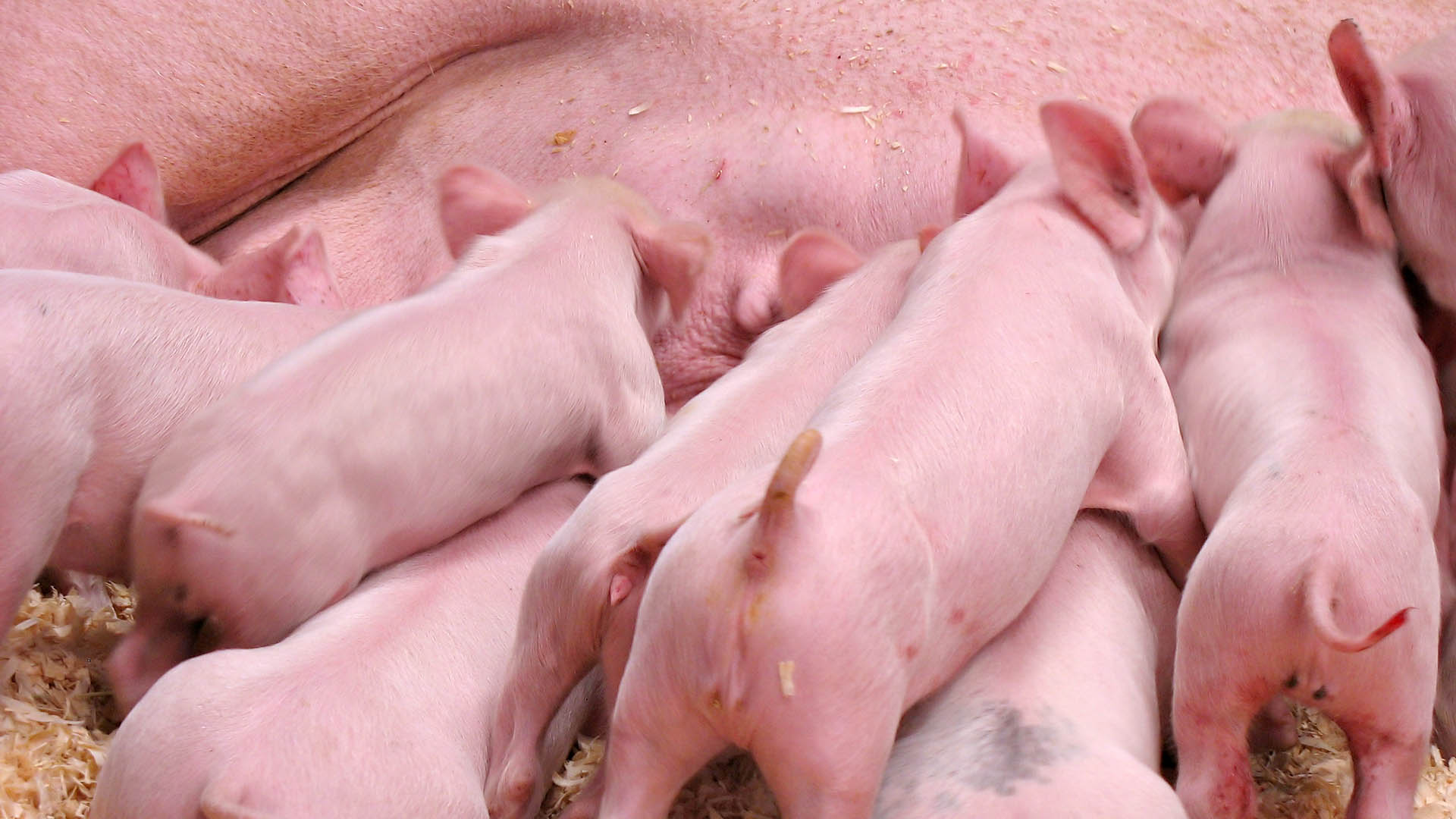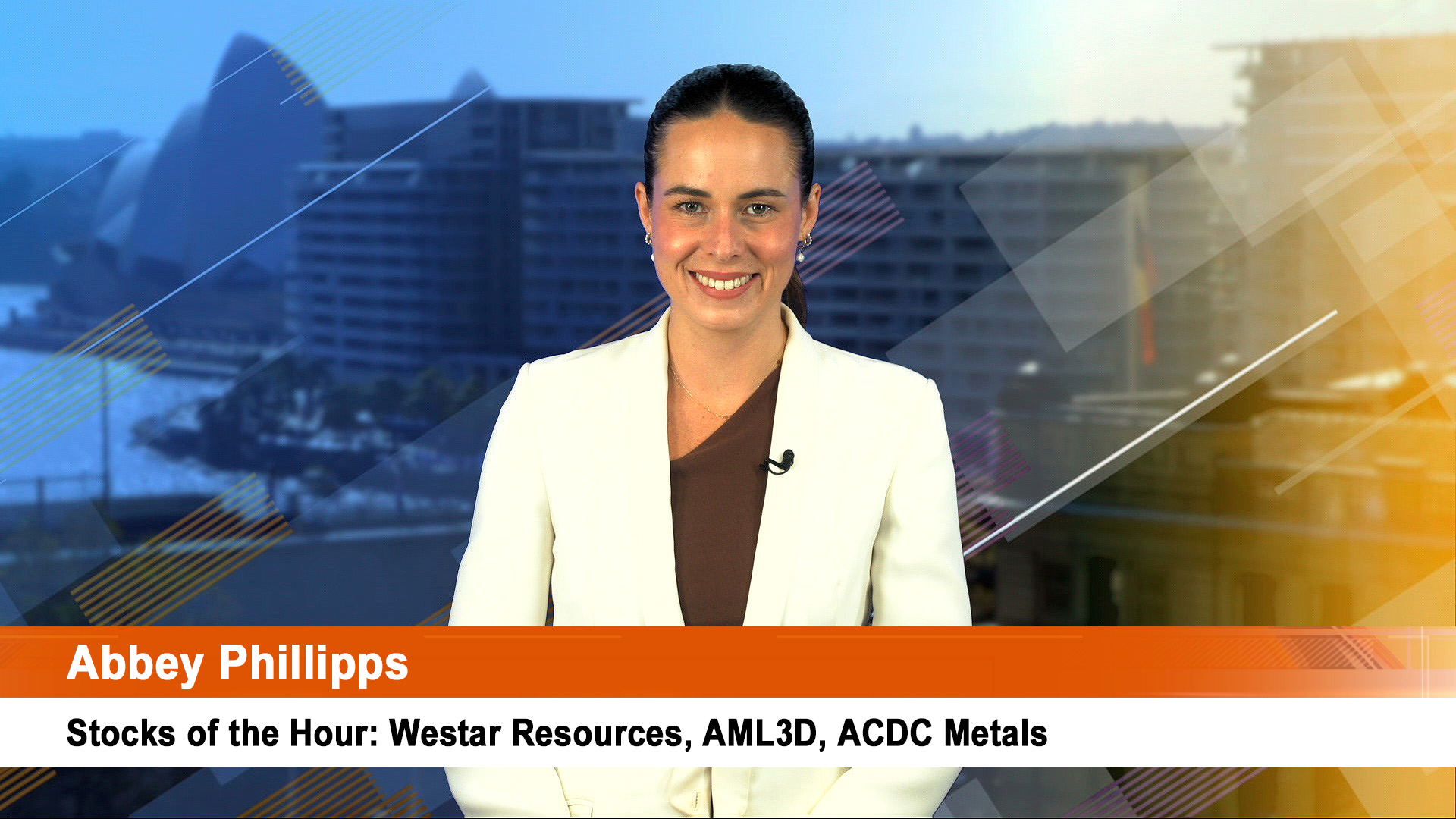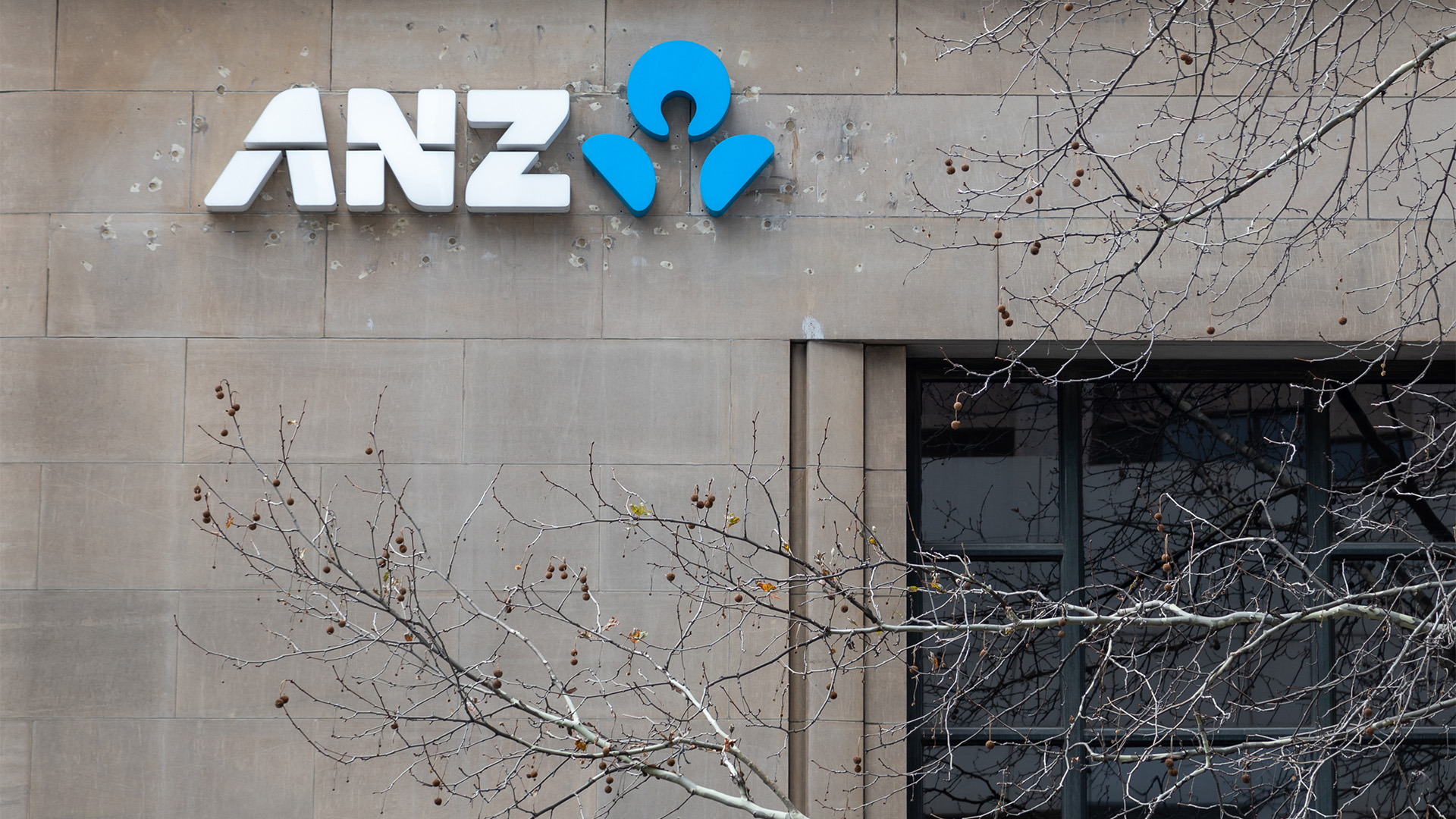Australian marketer and manufacturer of crop protection chemicals Nufarm Limited (NUF) says it is positive in its outlook for the remainder of 2008 financial year, with global agricultural markets showing strong demand for its products.
The group delivered its interim results today, reporting a 71% fall in profit to $4.6 million, compared to $15.9 million in the prior corresponding period.
Nufarm said profit before material items was $35.4 million.
A major non-operating item was recorded against this, associated with a barter trade contract in Brazil, now closed.
However its revenue has increased by 71% to $990 million for the six months from $580 million.
All of Nufarm’s regional crop protection businesses recorded stronger results on both sales and operating EBIT basis.
The company said of particular note was the significantly improved result from the Australian operations and the higher earnings contribution from the fully owned Brazilian business.
Earnings per share were 1.6 cents, compared to 9.3 cents for the six months to 31 January 2007.
In its outlook, Nufarm upgraded its full-year net operating profit guidance to $150 million from $145 million.
“Crop plantings in all markets are expected to be very strong, driven by soaring global demand for grains and other agricultural commodities and near record crop prices,” Nufarm said.
“Given adequate rains over the next few months, Australia is poised to show a very strong recovery from recent drought affected seasons with forecasts for a large winter crop planting.”
Nufarm manufactures and supplies a range of agricultural chemicals used by farmers to protect crops from damage caused by weeds, pests and disease.
It has operations throughout the world, and sells products in more than 100 different countries.
Shares in Nufarm fell 34 cents to $16.45.













